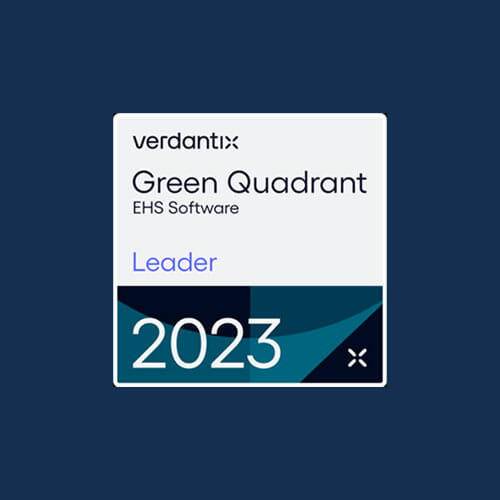This guide aims to act as an advisory tool for Private Equity (PE) firms that are looking at measuring and reporting Environmental, Social, and Governance (ESG) and greenhouse gas (GHG) emissions across their portfolio.
Across the investment community, interest in ESG performance has soared since the launch of the UNPRI (Principles for Responsible Investments) in 2006. Integrating ESG factors into investment decisions and portfolio management strategies is increasingly becoming the norm and investors are seeking to better understand a company’s long-term value by looking at ESG information.
However, this trend in responsible investment and ESG reporting is presenting investors with many challenges when it comes to gathering, maintaining, and analysing ESG data. Gaining access to accurate, credible, and consistent ESG data and supporting information is difficult.
An added challenge in the implementation of an investor’s ESG strategy is the calculation, management, and reporting of GHG (carbon) emissions across a portfolio. There is a growing requirement for investors to address the carbon impact of their value chain (Scope 3) to support their decarbonisation strategies relating to Science-based or Net Zero targets.
In this guide, Cority provides information on:
- Why ESG data matters to private equity
- Why investors are seeking ESG software to manage portfolio data
- The rise in collecting GHG emissions across an investment portfolio
- How to collect data for Scope 3 Category 15 (Investments)
- Four things to consider when starting the investment-specific method of data collection
- Science-based targets for PE firms











